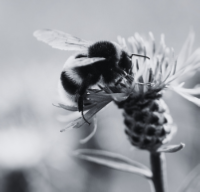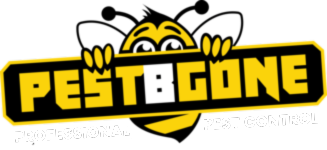Pestbgone Limited
The Mews, Hounds Road,
Chipping Sodbury, Bristol GL8 8UL
Buckinghamshire -
Office: 01628 473062
Onsite: 07728 314363
South Gloucestershire -
Office: 07585 124939
Onsite: 07585 124939
Our Services
Registered in England and Wales.
Company No: 13370531
VAT No: 364671477
Registered Address: The Mews, Hounds Road, Chipping Sodbury, Bristol, South Gloucestershire GL8 8UL
All Rights Reserved © 2025 Pestbgone Ltd






Our Services
Bees
Bees are familiar insects in the garden. To many people the sound of bees buzzing from flower to flower is part of the sound of summer. Sadly, changes to farming and land management practices have not been kind to any of our bee species. In the last 70 years or so two species have become extinct and others have declined dramatically. Further extinctions of our native bee species are inevitable unless we act quickly to help them. The reason for these declines is simple; bees feed on pollen and nectar which they collect from flowers, and there are now far fewer flowers in the countryside. Hedges have been removed and marshes drained. Traditionally managed flower-
Bees are one of the most useful insects found in the garden. As they move from plant to plant they pick up and transfer pollen, and this is vital to the fertilisation and growth of plants. Although other insects also help fertilise plants, the work of bees is essential and without them the variety and yield of the plants we grow for food and pleasure would be much reduced. The honey bee also produces honey in hives, either in the wild, or in hives made for it by the beekeeper. European honey bees have been introduced to nearly all parts of the world by humans, but they are thought to have originated in India. Their colonies may be very large and last for many years.
The risk from bees in the house or garden is small -
WikiPest
Everything you need to know about
Bees

We’re here to help -
Buckinghamshire & South East
South Gloucestershire & South West
